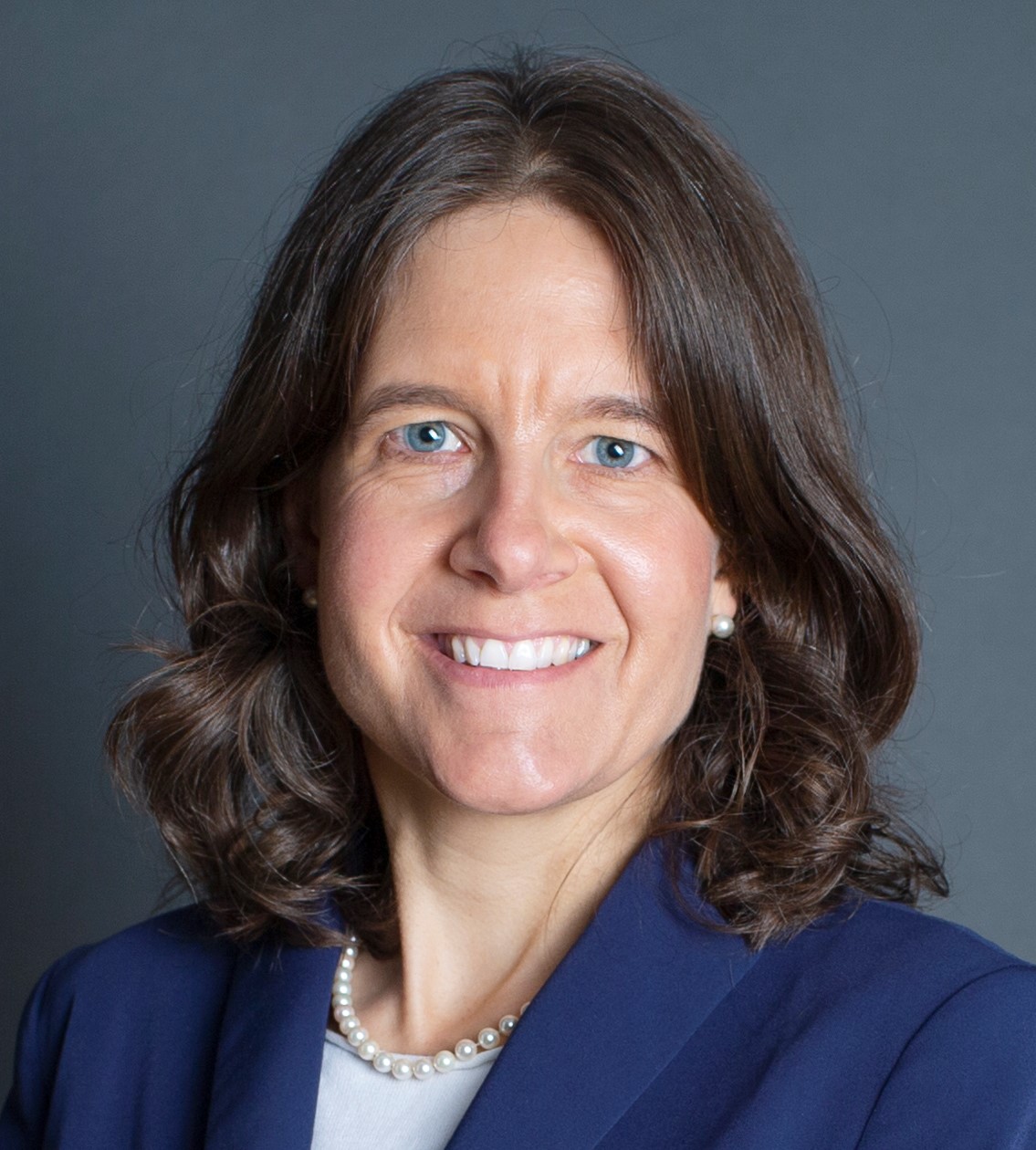A specialist in fungal immunology has joined a fungal research team at the University of Exeter.
Professor Salomé LeibundGut-Landmann, who leads a research programme on skin fungi, will work alongside other top scientists at the MRC Centre for Medical Mycology.
Yeast cells are common members of the microbiota covering the skin. How the immune system prevents these abundant organisms with pathogenic potential from causing disease is not well understood. Professor LeibundGut-Landmann’s research programme aims at dissecting the molecular and cellular principles that underly the mutual adaptation of fungi and host that ensure homeostasis in healthy individuals.
“I do look forward to collaborating with experts on fungal biology and medical mycology at the MRC Centre for Medical Mycology to explore how commensal fungi on our skin can convert into pathogens under certain circumstances and then contribute to disease such as skin allergy. As such, I hope to contribute to a better understanding of the pathogenic role of skin fungi in eczema, one of the most frequent skin disorders that affects up to every 5th-10th person with an unmet clinical need.”
“Using knowledge and tools that have been established at the University of Exeter, I am looking to uncover new diagnostic or therapeutic biomarkers to be harnessed for better patient care in the future.“
Professor LeibundGut-Landmann studied biology at the Federal Technical High School in Zurich, Switzerland before obtaining a PhD in molecular immunology from the University of Geneva and training in cellular immunology at the London Research Institute of Cancer Research UK (now: The Francis Crick Institute) in London with Prof. Caetano Reis e Sousa.
In 2010, Prof. LeibundGut-Landmann was awarded an SNSF professorship to start her independent research career at the Federal Technical High School in Zürich, Switzerland. In 2017, she was promoted to Associate Professor and in 2024 to Full Professor at the University of Zurich, Switzerland.

